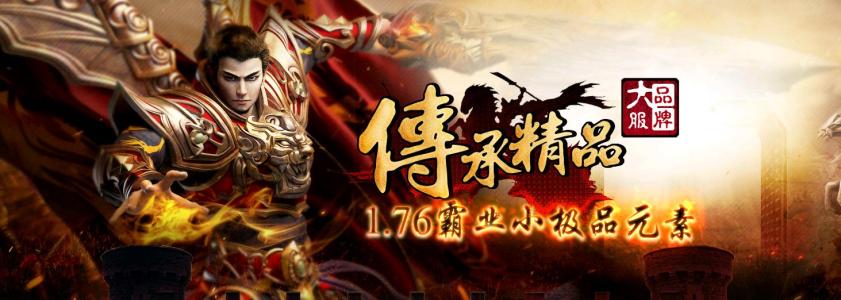◎欢迎参与讨论,请在这里发表您的看法、交流您的观点。
Chuanqi: Exploring the Mythical Tales of China
星期二 2024年10月1日 admin 传世新服表 chuanqi 0人
Chuanqi: Exploring the Mythical Tales of China
Chuanqi, often translated to mean "legend" or "tale," represents an integral part of Chinese literature and culture. These stories are not just mere tales; they encompass the mysteries, values, and beliefs of a society that has evolved for thousands of years. The tradition of chuanqi began during the Tang dynasty, with its roots deeply embedded in the rich soil of Chinese mythology and folklore. In this article, we will delve into the nuances of chuanqi, its historical significance, thematic elements, and its impact on modern storytelling.

The Historical Context of Chuanqi
The origins of chuanqi can be traced back to the Tang dynasty (618-907 AD), a golden age for Chinese arts and literature. This period was marked by significant developments in poetry, painting, and theatrical performances. The chuanqi tales often reflect the socio-political climate of their time, as they were a medium through which moral lessons, cultural values, and religious beliefs were communicated to the masses.
As time progressed, the chuanqi evolved, incorporating elements from various schools of thought, including Confucianism, Taoism, and Buddhism. These influences shaped the narratives, giving rise to tales that blended factual history with fantastical elements, showcasing the duality of human experience—between the earthly and the divine.
Thematic Elements of Chuanqi
Chuanqi tales are rich in themes that resonate across cultures and eras. One prominent theme is the conflict between good and evil, often depicted through mythical characters such as gods, spirits, and demons. These narratives not only entertain but also impart moral teachings, emphasizing virtues such as loyalty, bravery, and wisdom.
Another significant theme in chuanqi is the exploration of love and relationships. Many stories delve into the complexities of love, featuring tragic romances that highlight the struggles between duty, familial expectations, and personal desires. Such narratives often serve as cautionary tales, reminding readers of the consequences of their choices.
The Influence of Chuanqi on Modern Storytelling
In contemporary times, chuanqi continues to influence various forms of storytelling, ranging from literature to film and television. The archetypes and motifs established in traditional chuanqi have resurfaced in modern narratives, providing a sense of continuity and cultural heritage. For instance, filmmakers have adapted these classic tales into films that resonate with younger audiences while preserving their core messages.
The blend of myth and reality in chuanqi provides a rich tapestry for modern creatives to explore. Directors and writers often draw upon these stories to craft narratives that speak to todays societal issues, utilizing the fantastical elements of chuanqi to address themes of identity, morality, and resilience.
Conclusion
Chuanqi is more than just a collection of tales; it is a window into the soul of Chinese culture and its historical evolution. Through its captivating narratives and rich thematic elements, chuanqi continues to inspire and inform contemporary storytelling, bridging the gap between the past and present. As we explore these enchanting tales, we uncover invaluable insights into the values and beliefs that have shaped not only China but the world at large. Embracing chuanqi offers a chance to reconnect with the timeless traditions that resonate deeply within us all, highlighting the enduring power of stories to captivate and educate. In our ever-changing world, the eloquence of chuanqi remains an essential repository of wisdom, waiting to be discovered and cherished.
- 本文标题:Chuanqi: Exploring the Mythical Tales of China
- 本文地址:http://www.bdqyyjpq.com/post/171.html